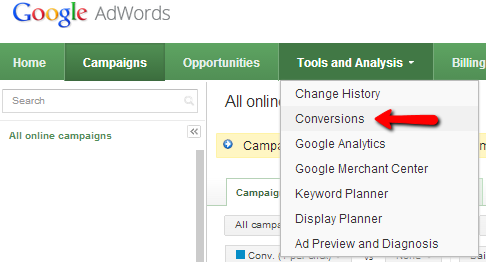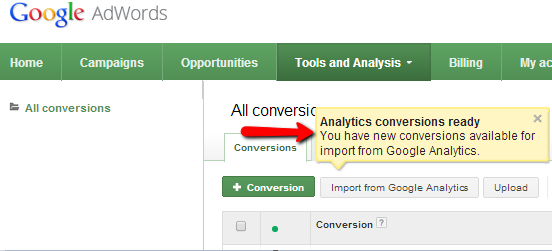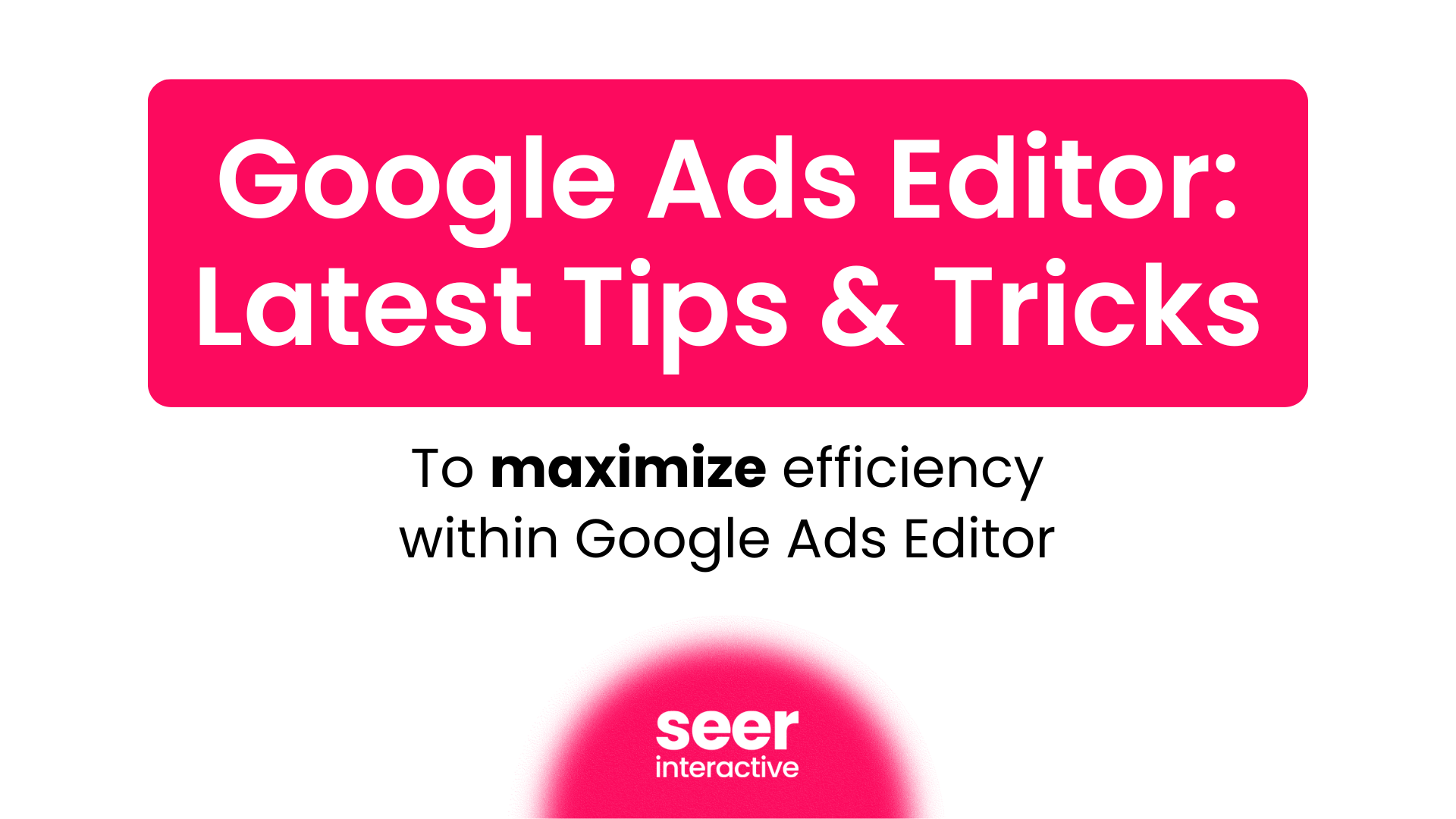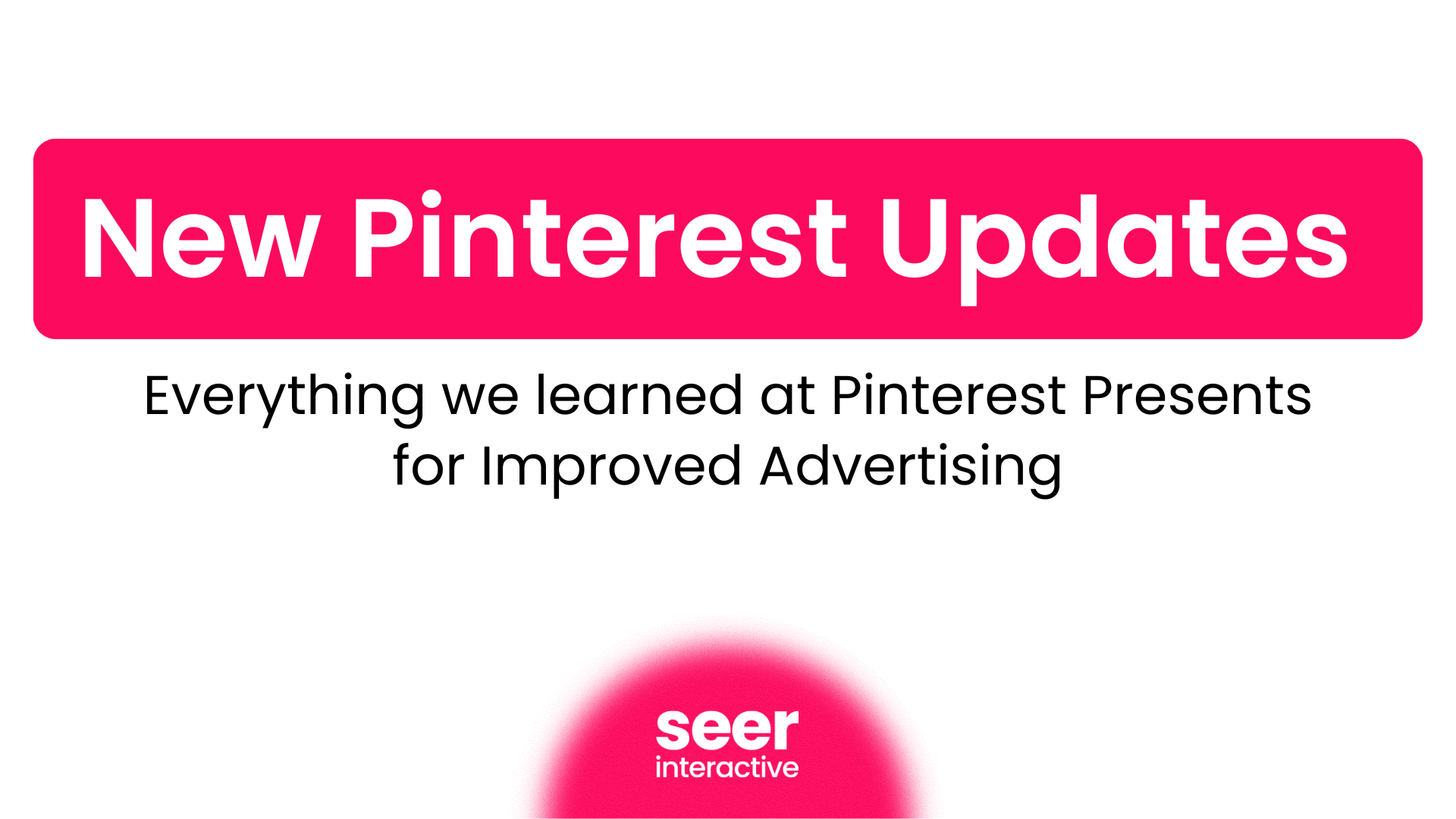Since we have an Analytics division at SEER that kicks ass, I’ll leave most of that subject matter alone for them and focus on what I know most about: PPC… and a little bit of Google Analytics (GA). More specifically, we’ll be reviewing goals and how you can use these for your paid search efforts in this week’s entry of our Mastering PPC series.
What are Google Analytics goals?
If you’re used to already working with AdWords and Bing Ads, then you’ve likely heard the term conversion before (If you haven’t, read this first). Goals in GA are very similar to conversions in that they allow you to track actions taken on your website. Some examples are viewing a key page, downloading a white paper, or completing a purchase.
The biggest difference between the two is how they track. If you wanted to track users who signed up for your newsletter within AdWords, you would place a conversion pixel on your “confirmation/thank you” page and it’ll track all users who hit that page that traveled through a paid ad. With GA, you would simply specify the “confirmation/thank you” page URL as a Goal URL within the GA interface.
Another difference is what you can track as a goal. Since AdWords tracking is code-based, you can’t establish goals based on some on-site metrics such as time on site or pages viewed. These are all available options in GA among others.
Can I import GA goals into AdWords?
Yes.
But I can’t import because I’m not seeing any listed in AdWords
Before jumping into importing, there are a few items that must be completed before you can import:
- GA and AdWords accounts must be linked
- Opted into data sharing in GA
- Auto-tagging is enabled in AdWords
- The goals must have received “active traffic” from an AdWords ad at “some point”
- This last condition is extremely vague, but is how it’s stated in the Analytics support section regarding importing goals
You can find more information about each step in the link above as well.
How do I import goals into AdWords?
To do so, travel to the Conversions section of AdWords. This located in the Tools and Analysis drop down menu as shown in the screenshot below.

You are often prompted that Analytics conversions are ready (as shown below), but if not, all you need to do next is click on the “Import from Google Analytics” button.

Finally, you’ll need to select each goal you want to import listed under Action Name and a tracking purpose for each within the Tracking Purpose drop down. Then, just click submit and you’re done!
Common data “issues”
- GA does not follow the same attribution model as AdWords. When linking goals, only conversions that are attributed to AdWords as the “last-clicked source” are imported
- In other words, if a user clicks an ad, then returns directly to your site within your set conversion window to convert, AdWords will attribute that back to the last ad click. In GA, the direct visit overrides the ad click and thus the conversion is attributed to direct, not your PPC campaigns
- In addition to that, GA will attribute to the date of the conversion, not the date of the last click before the conversion occurred as in AdWords
- Imported goals can take up to 48 hours to populate in AdWords
Can I import goals into Bing Ads?
No, but you can still track your traffic and goal completions within GA as long as you append the proper UTM parameters to your destination URLs.
Tip: Use Google’s URL builder to help with that process.
Pro tip: Use Excel’s CONCATENATE function to scale that process.
Why would I use this?
The most useful application is importing goals that can’t track with the AdWords conversion code. One applicable example is event tracking. Say you’re an advertiser offering a downloadable PDF with a form on your site that directs users directly to the PDF. With AdWords, there is no “thank you” page to place your conversion pixel so you’re left in the dark. With GA, you can use event tracking to track the click of the “submit” button, and establish that as your goal (Note: event tracking requires some additional coding).
How have you used imported GA goals in your AdWords strategies?



